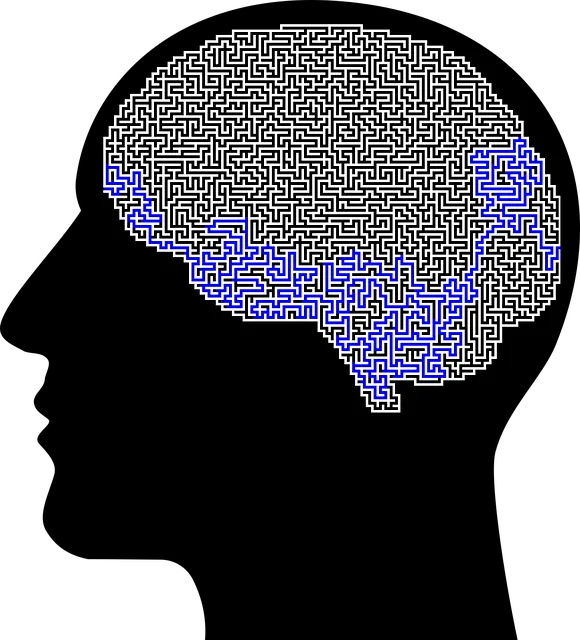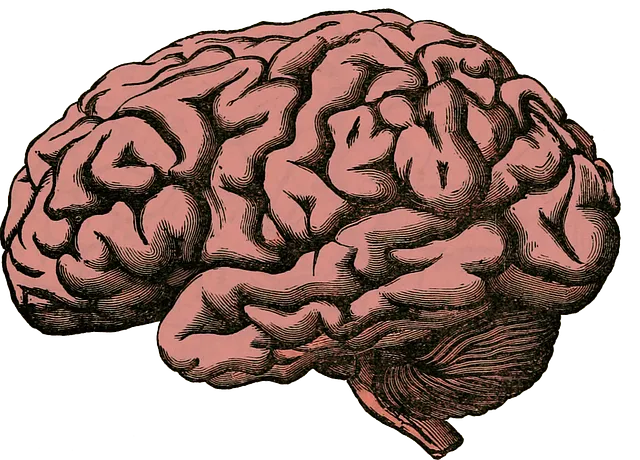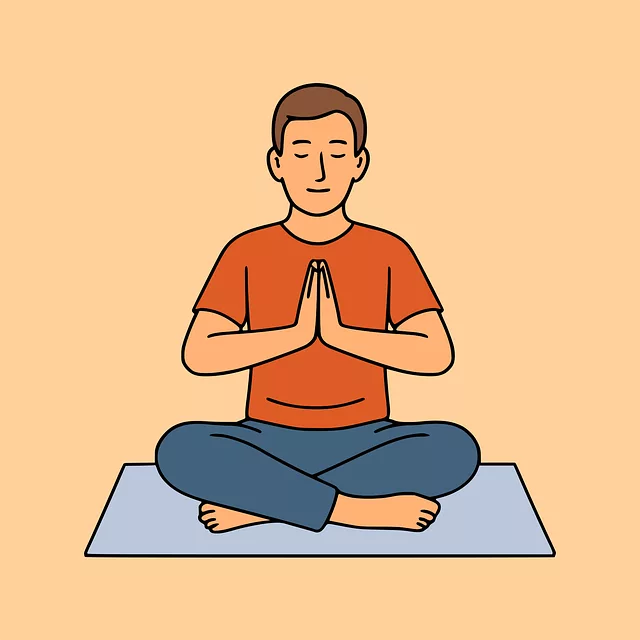Anxiety, a stress response, becomes disruptive when persistent, with triggers like finances, work, relationships, or environments causing worry, restlessness, insomnia, and muscle tension. Kaiser Permanente mental health center Westminster identifies anxiety disorders as genetic, brain chemistry, and environmental factors combined. Strategies include CBT, proven effective for managing negative thought patterns and teaching practical skills, and mindfulness techniques like deep breathing, meditation, and yoga for daily stress reduction and emotional well-being improvement. The center advocates for mental health awareness, aiming to reduce stigma and prioritize support on par with physical well-being.
At the Kaiser Permanente mental health center in Westminster, we recognize that anxiety is a common yet manageable condition. This article explores effective strategies to combat anxiety, empowering individuals to take control of their well-being. We delve into understanding anxiety’s triggers and symptoms, highlighting how Cognitive Behavioral Therapy (CBT) offers a proven path to healing. Additionally, discover mindfulness and relaxation techniques tailored for daily life, providing practical tools for managing anxiety at Kaiser Permanente Westminster.
- Understanding Anxiety: Common Triggers and Symptoms
- Cognitive Behavioral Therapy (CBT): A Proven Approach
- Mindfulness and Relaxation Techniques for Daily Living
Understanding Anxiety: Common Triggers and Symptoms
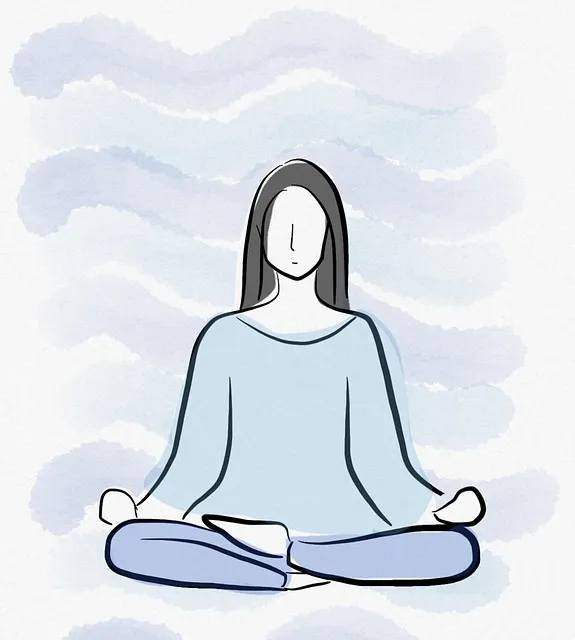
Anxiety is a natural response to stress and threats, but when it becomes overwhelming and persistent, it can significantly impact daily life. The first step in managing anxiety effectively is recognizing its common triggers and symptoms. At the Kaiser Permanente mental health center Westminster, professionals emphasize that anxiety disorders, such as generalized anxiety disorder (GAD) or panic attacks, often stem from a combination of genetic predisposition, brain chemistry, and environmental factors.
Triggers can vary widely but often include stressful life events like financial problems, work pressures, relationship issues, or even specific environments and situations. Symptoms may include persistent worry, restlessness, difficulty concentrating, insomnia, muscle tension, and in severe cases, panic attacks characterized by rapid heartbeat, sweating, and shortness of breath. Promoting emotional well-being through techniques like self-esteem improvement and risk management planning for mental health professionals can be crucial in addressing these triggers and symptoms.
Cognitive Behavioral Therapy (CBT): A Proven Approach
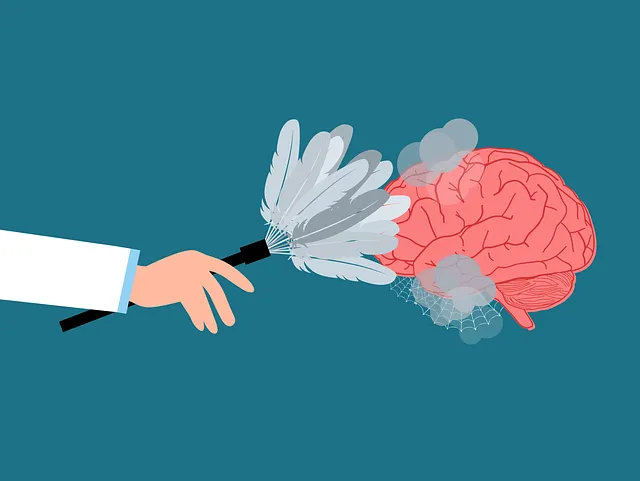
Cognitive Behavioral Therapy (CBT) has emerged as a highly effective approach to managing anxiety, backed by years of research and success stories from mental health centers like Kaiser Permanente in Westminster. This therapy focuses on identifying and changing negative thought patterns that contribute to anxious feelings. By challenging these thoughts and replacing them with more realistic and positive ones, CBT empowers individuals to gain control over their emotions and behaviors.
The technique is tailored to address the unique needs of each person, making it a versatile tool for anxiety management. It also encourages active participation, teaching practical skills like conflict resolution techniques and burnout prevention strategies that promote mental health awareness. Through CBT, individuals learn to navigate challenging situations with newfound resilience and peace of mind.
Mindfulness and Relaxation Techniques for Daily Living

At the Kaiser Permanente mental health center Westminster, professionals emphasize the power of mindfulness and relaxation techniques as essential tools for daily anxiety management. These practices, such as deep breathing exercises, meditation, and yoga, enable individuals to cultivate a sense of calm and present-moment awareness, effectively reducing stress levels and promoting emotional well-being. By incorporating these simple yet powerful methods into their routines, folks can navigate life’s challenges with greater resilience and clarity.
In today’s fast-paced world, where mental illness stigma reduction efforts continue to gain momentum, adopting stress reduction methods becomes even more crucial. The Kaiser Permanente mental health center Westminster understands that by providing accessible tools like mindfulness and relaxation techniques, it contributes to the broader goal of Mental Health Policy Analysis and Advocacy, fostering a society where mental health is prioritized and supported on par with physical well-being.
Anxiety management is a journey, and with the right tools, you can take control. By understanding your triggers and symptoms, seeking professional guidance like Cognitive Behavioral Therapy (CBT) from the Kaiser Permanente mental health center in Westminster, and incorporating mindfulness into daily life, you can effectively manage anxiety. Remember, it’s never too late to start, and with consistent practice, these techniques can significantly improve your overall well-being.

